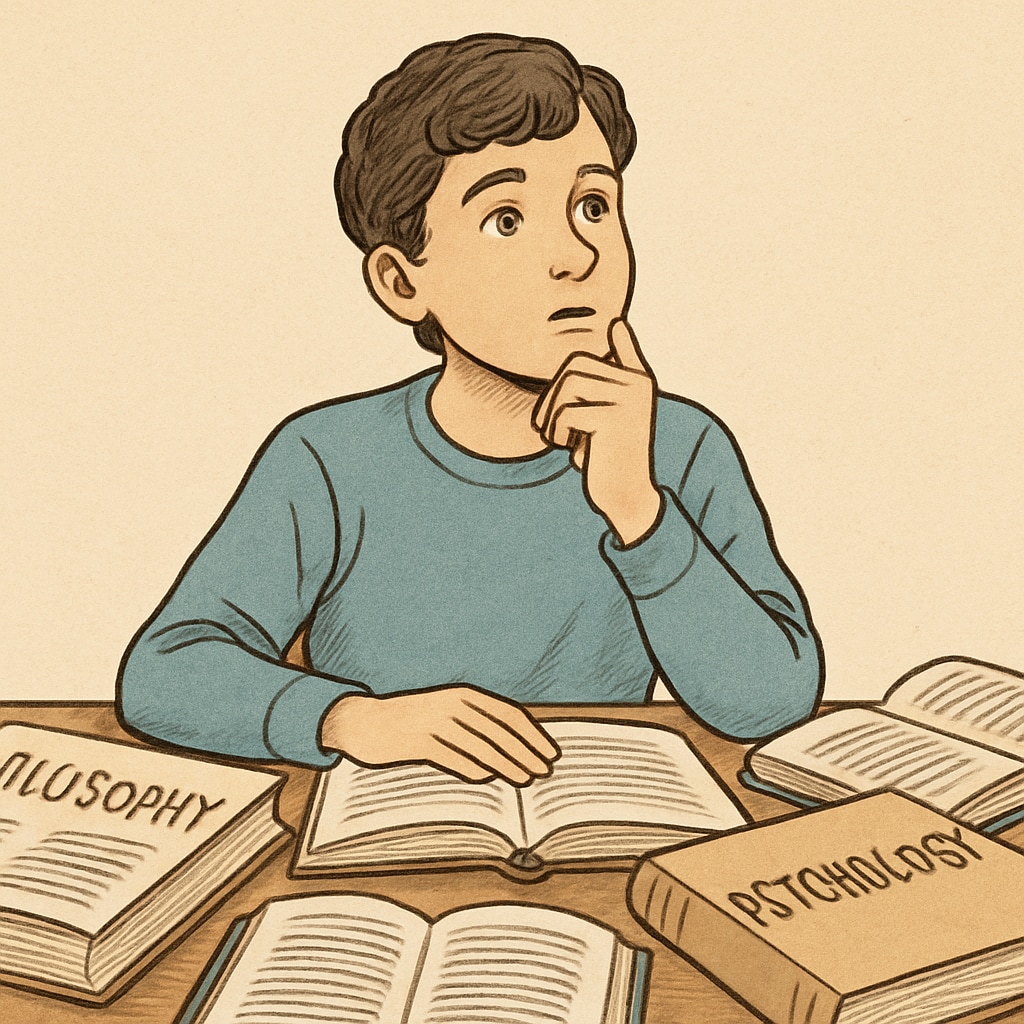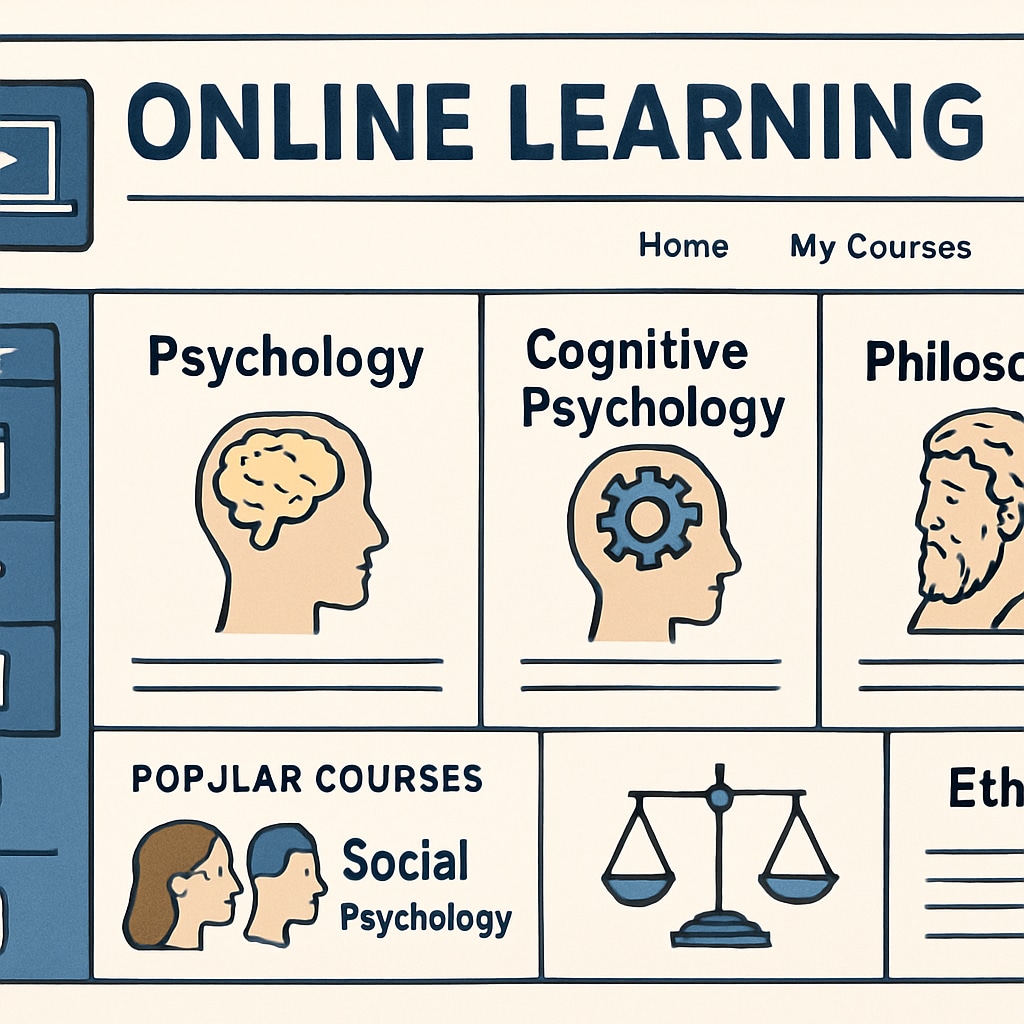Psychology and philosophy are fascinating fields that delve into the essence of human thought, behavior, and existence. For K12 students, exploring these subjects early can spark intellectual curiosity and provide tools for critical thinking. While these disciplines are not always emphasized in traditional school curriculums, students can develop an interest through self-learning. This article highlights practical strategies and self-learning resources to help young learners embark on their journey into the world of psychology and philosophy.
Why Explore Psychology and Philosophy in K12?
Psychology offers insights into how humans think, feel, and behave across different contexts. Philosophy, on the other hand, challenges students to reflect on fundamental questions about life, ethics, and knowledge. Introducing these disciplines at a young age helps develop analytical skills, emotional intelligence, and empathy. In addition, these fields encourage students to question assumptions and approach problems from diverse perspectives.
For example, a basic understanding of psychology can help students build better interpersonal relationships, while philosophy teaches them to reason critically and articulate their thoughts clearly. These skills are invaluable, not only in academics but also in navigating life’s complexities.

How to Begin: Psychology and Philosophy Self-Learning for Students
Starting a self-learning journey in psychology and philosophy can be both exciting and overwhelming. Here are some steps to guide beginners:
- Identify Interests: Students should start by exploring topics that naturally pique their curiosity. For psychology, this might include understanding emotions or how the brain works. In philosophy, they might begin with ethical dilemmas or the nature of reality.
- Use Accessible Resources: Beginners should rely on materials designed for their age group. Books like “The Little Book of Philosophy” by Rachel Poulton and “Psychology for Kids” by Jacqueline Toner are excellent starting points.
- Leverage Online Platforms: Websites such as Khan Academy and Coursera offer free or affordable courses tailored to young learners.
- Participate in Discussions: Joining clubs or online forums can help students exchange ideas and deepen their understanding.

Recommended Self-Learning Resources
Here is a curated list of resources for K12 students to explore psychology and philosophy:
Books:
- “The Little Book of Psychology” by Emily Ralls and Caroline Riggs
- “Sophie’s World” by Jostein Gaarder
- “Big Ideas for Curious Minds: An Introduction to Philosophy” by The School of Life
Websites:
- Verywell Mind for psychology insights
- Stanford Encyclopedia of Philosophy for in-depth articles
Videos and Podcasts:
- TED-Ed’s YouTube channel for engaging videos on psychology and philosophy
- Podcasts like “The Happiness Lab” and “Philosophize This!”
Tips for Cultivating Lifelong Interest
To sustain interest in psychology and philosophy, students should integrate these subjects into their daily lives. Here are some tips:
- Reflect Daily: Encourage journaling as a way to explore philosophical questions or analyze emotions.
- Engage with Media: Watch movies or read novels that raise psychological or philosophical questions, such as “Inside Out” or “The Matrix.”
- Seek Mentorship: Teachers, counselors, or community leaders can provide valuable guidance and resources.
By consistently engaging with these disciplines, students can develop a lifelong passion for understanding themselves and the world around them.
Conclusion
Psychology and philosophy offer young learners profound tools for self-discovery and critical thinking. With the right resources and strategies, K12 students can independently explore these fields, fostering curiosity and preparing for lifelong learning. Whether through books, online platforms, or engaging discussions, the journey into the realms of thought is both rewarding and transformative.
Start today and open the door to a world of knowledge and self-awareness!


